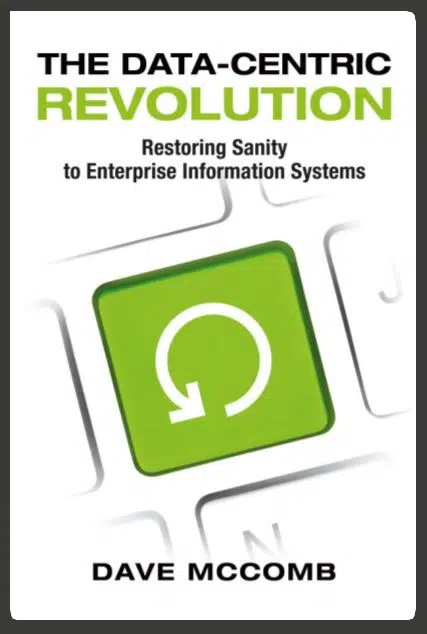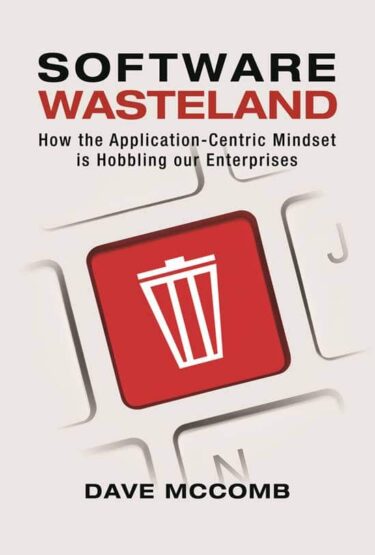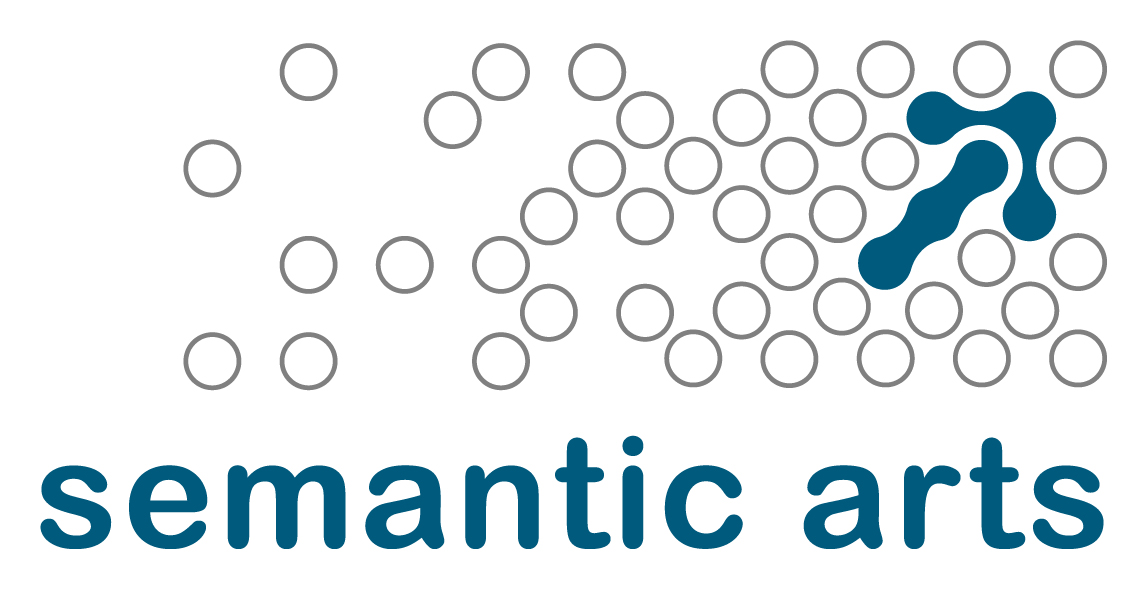The use of semantic web capabilities for integrating data and enriching information for greater strategic enterprise is not a new concept but is capturing renewed attention. Digital transformation drives this demand for implementing data-centric, semantic solutions. By understanding how things relate to one another and connect contextually with machine readability is a “game changer”. That foundational scaffolding backbone of ontology development coupled with knowledge graph implementation are critical to automation maturity and AI adoption. With this training you’ll be dipping your learning toes into what Google, Amazon, Netflix and even Morgan Stanley as well as others have discovered. At Semantic Arts, we’ve coined this as becoming data-centric.
The interactive training webinar will be a starting point to future proof information management for the enterprise. The training will give you concentrated exposure into Semantic capabilities, practical learnings of Knowledge Graph application, “hands on” exercises in Protégé, and a view into ontology “best practices”.
To increase engagement throughout the training, we ask that you have your video camera on, that you participate in exercises and help to direct the conversation with questions to better understand how you’re absorbing the material. As a preferred prerequisite, we’ll be supplying a quick read introduction to this topic that will give a jump start your learning transition. This background reading is not essential but will serve as an accelerator for the course.
We highly encourage the preliminary self-learning as it will accelerate your appreciation for the data-centric paradigm shift. Begin transforming information into data-centric knowledge & Join the Data-Centric Revolution!
BONUS: After each 1/2-day session, our instructor, Phil Blackwood will be staying on the Zoom call for an additional hour. He’ll be available to answer questions, assist with workshop exercises, or clarify aspects of the becoming data-centric training.
When is it?
June 23, 2021 & June 24, 2021 from 9:00 am – 12:00 pm EST
You will connect to the training webinar using Zoom, details will be sent prior to the event.
"Overall, the training was excellent! It is well structured and gave me a sense of why I need to learn about data-centric, who should think data-centric and how to share the knowledge I gained. Added to this was the very useful practical elements of the training, which cleared up all my questions about what an ontology was and why they matter. Engaging with the other attendees was also very insightful as everyone shared their experiences. This training is so much more that the sum of its parts!"
-Jason Peel, Data-Centric Advocate
Becoming Data-Centric Agenda
What is Data-Centric & Why Should You Care?
- Our definition, and the key enabling technology.
- Who is already Data-Centric
- What routes are there to get there?
- What are the economics of data-centric?
- Triples as the fundamental unit of graph databases.
- URIs and their role in Global Identifiers and self-joining data structures.
Sparql & Triple stores
- The different types of graph databases and in particular RDF triple stores
- DBPedia
- How triples are created from text?
- How to query a triple store?
- What is a sparql end point?
- Examples of basic queries
Classes and Properties
- Intro to Protégé
- lightweight ontology modeling with classes and properties.
- Example of very simple inferencing
Formal Definitions
- Introduction and hands on with a few simple restrictions and Boolean class definitions
- Hands on with Protégé.
SPARQL Meta Queries
- How to conduct directed exploration in a triple store?
Design thinking
- How to think about your problem space?
- How to plan a project and where to start?
"I came into the “Becoming Data-Centric Training” with a good knowledge of RDF and semantic principles but was pleased to gain a much deeper insight into the theory, tools, and publicly available datasets in this class. Dave’s approach in taking the larger conceptual framework for data-centric design, paired with the hands-on execution of this framework in sample problems was very helpful in solidifying my understanding. I recommend this course to anyone who works with data, as my eyes were truly opened to the future of data as a first-class citizen - where applications simply provide a viewport to the data, as opposed to the current standard for middle and front-tier logic that often discounts the true value that is the facts and data."
-Jay Wall, Director of Partner Enablement, Fluree PBC
Becoming Data-Centric Facilitators
Phil Blackwood
Phil Blackwood worked at AT&T as a Lead Systems Engineer and Enterprise Architect for over 30 years, mainly in the areas of service ordering and network management. His current focus is on advocating for data-centric architecture transformation. Phil has a Ph.D. in Pure Mathematics from the University of Virginia and likes to find simple solutions to complex problems. In his spare time, Phil enjoys being outdoors and actively promotes clean energy and action on climate change.

Dave McComb
Dave McComb is the President and co-founder of Semantic Arts. He and his team of consultants help enterprises uncover the meaning in the data from their information systems. Semantic Arts guide and coach organizations through implementation “best practices” of Data-Centric principles by leveraging Ontology and Semantic Knowledge Graph capabilities. Dave is also the author of “The Data-Centric Revolution”, “Software Wasteland” and “Semantics in Business Systems”. For 20 years, Semantic Arts has helped firms of all sizes in this endeavor, including Proctor & Gamble, Goldman Sachs, Schneider-Electric, Lexis Nexis, Dun & Bradstreet, and Morgan Stanley. Prior to Semantic Arts, Dave co-founded Velocity Healthcare, where he developed and patented the first fully model driven architecture. Prior to that, he was a part of the problem.




